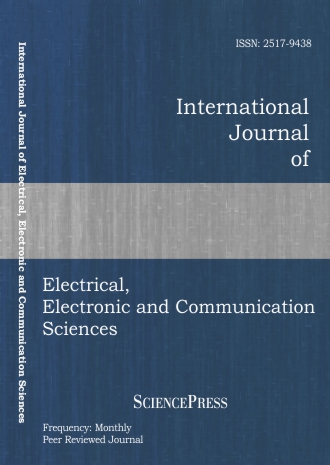
Scholarly
Volume:3, Issue: 10, 2009 Page No: 1886 - 1890
International Journal of Electrical, Electronic and Communication Sciences
ISSN: 2517-9438
3232 Downloads
The Potential of Natural Waste (Corn Husk) for Production of Environmental Friendly Biodegradable Film for Seedling
The use of plastic materials in agriculture causes serious hazards to the environment. The introduction of biodegradable materials, which can be disposed directly into the soil can be one possible solution to this problem. In the present research results of experimental tests carried out on biodegradable film fabricated from natural waste (corn husk) are presented. The film was characterized by Fourier transform infrared spectroscopy (FTIR), differential scanning calorimeter (DSC), thermal gravimetric analysis (TGA) and atomic force microscope (AFM) observation. The film is shown to be readily degraded within 7-9 months under controlled soil conditions, indicating a high biodegradability rate. The film fabricated was use to produce biodegradable pot (BioPot) for seedlings plantation. The introduction and the expanding use of biodegradable materials represent a really promising alternative for enhancing sustainable and environmentally friendly agricultural activities.
Authors:
Keywords:
References:
[1] D.P. Serrano, J. Aguado, J.M. Escola, E. Garagorri, J.M. Rodr'─▒guez, L.